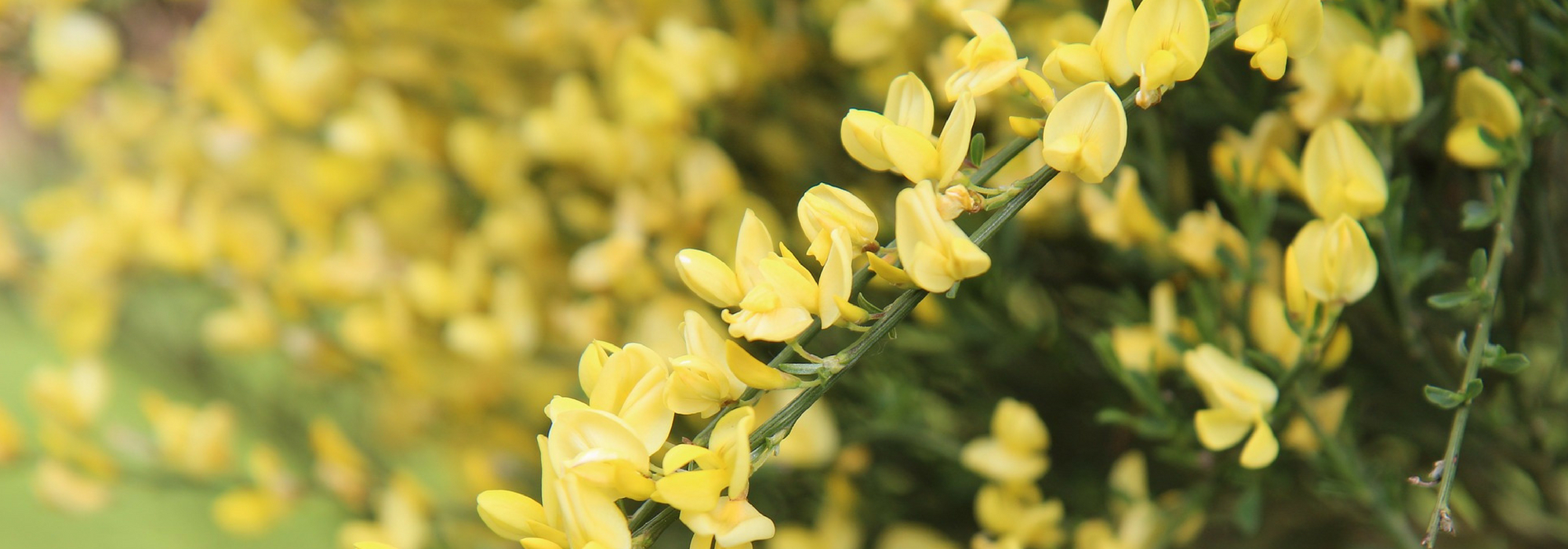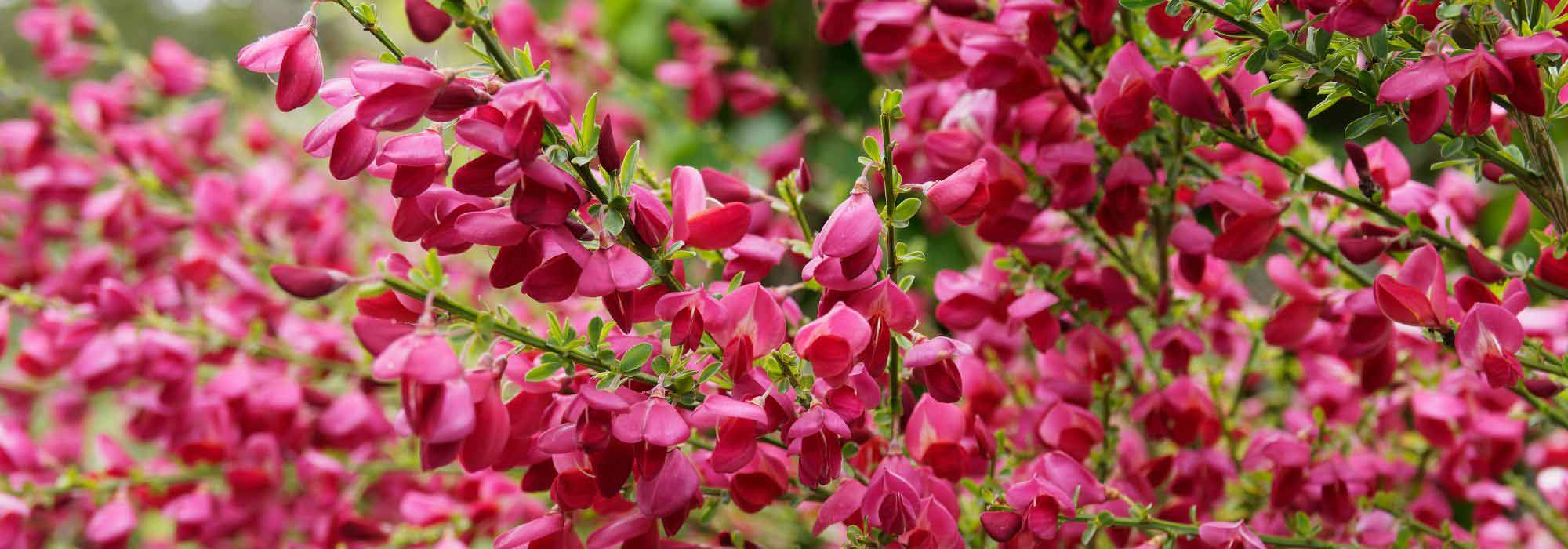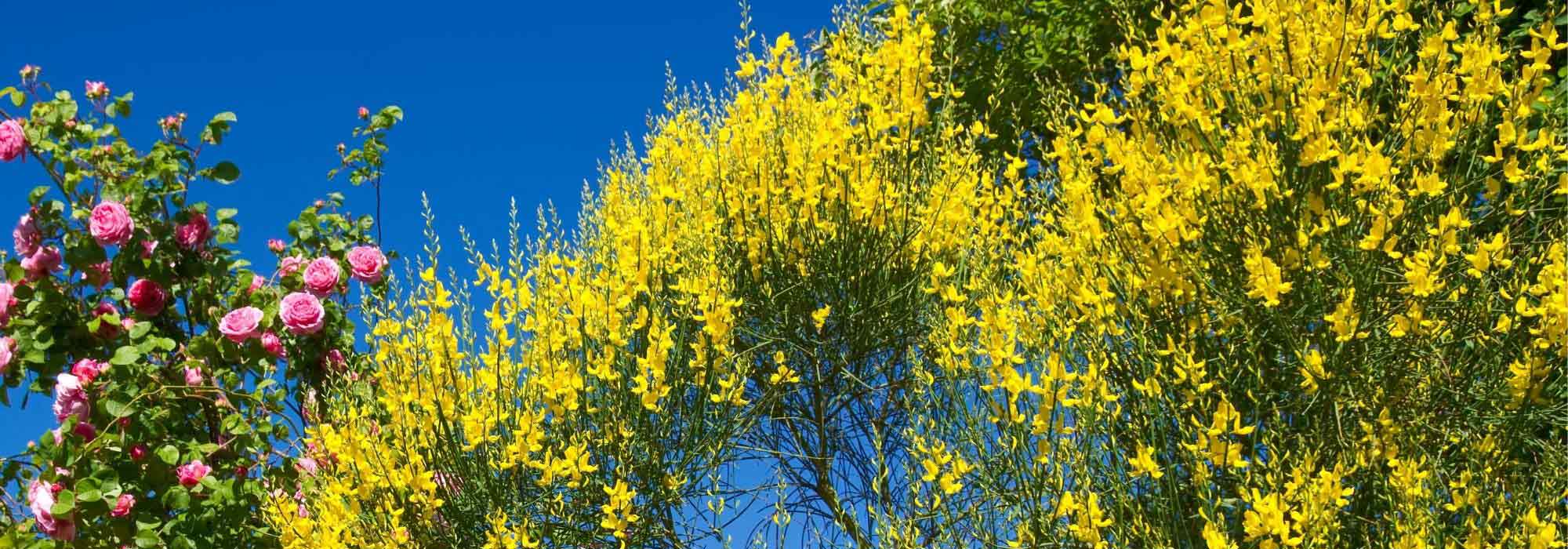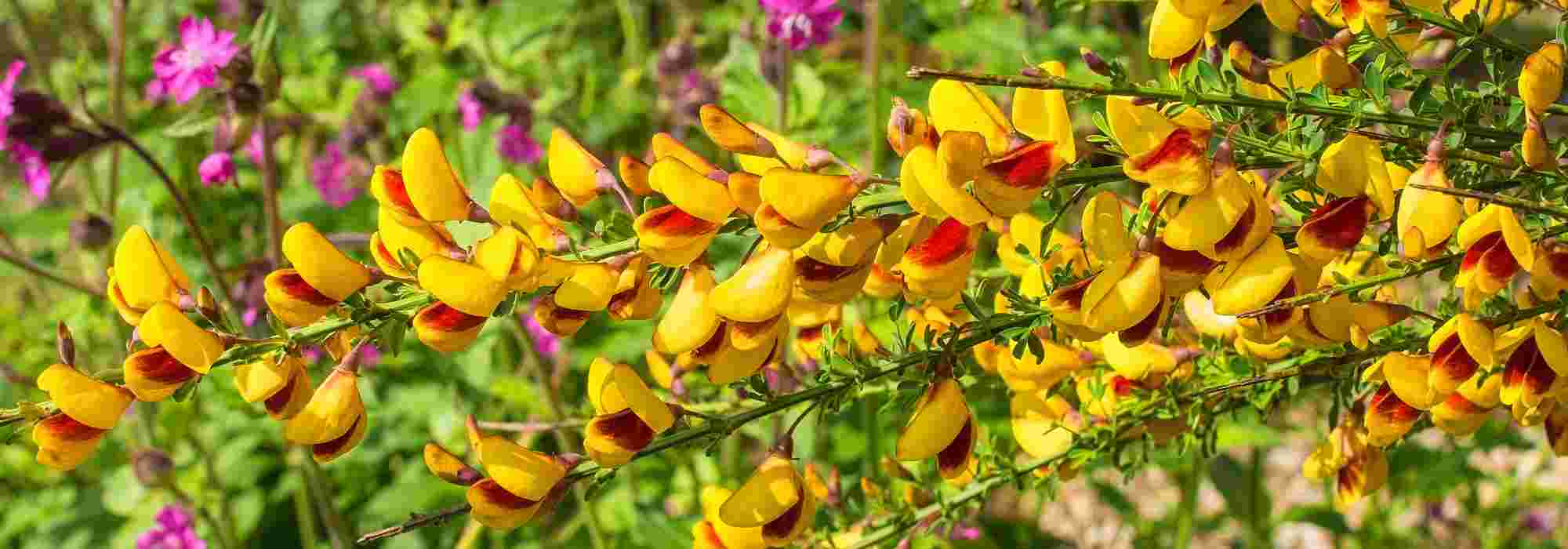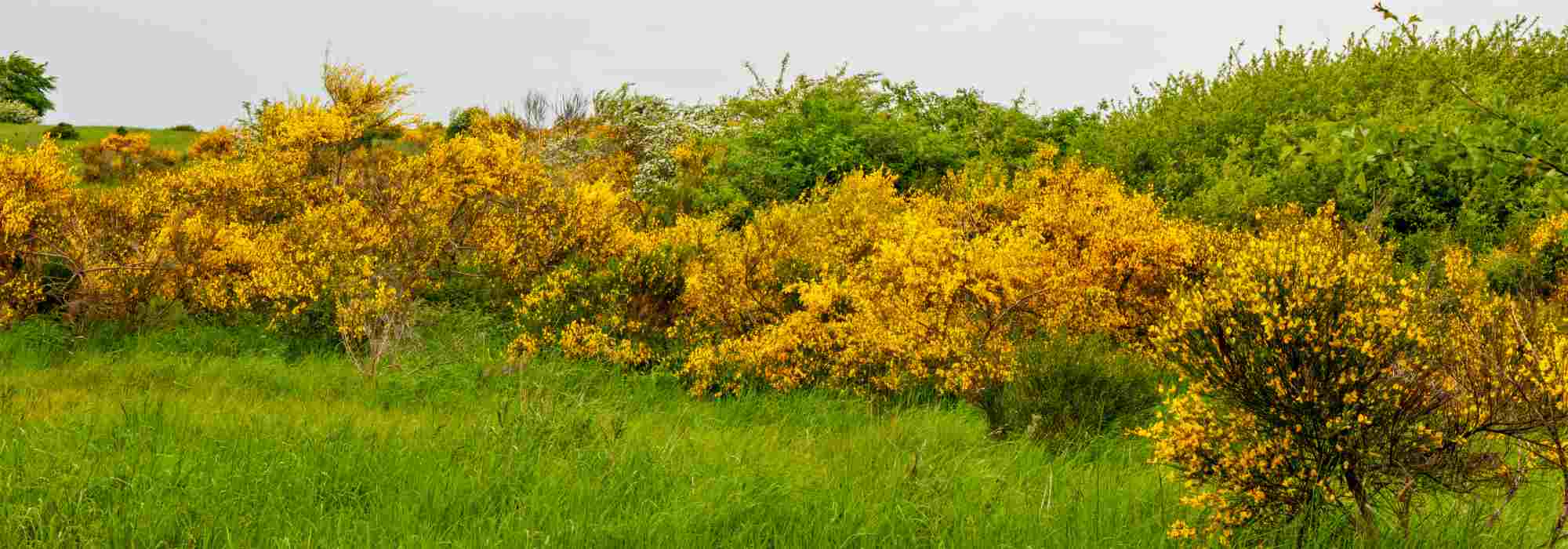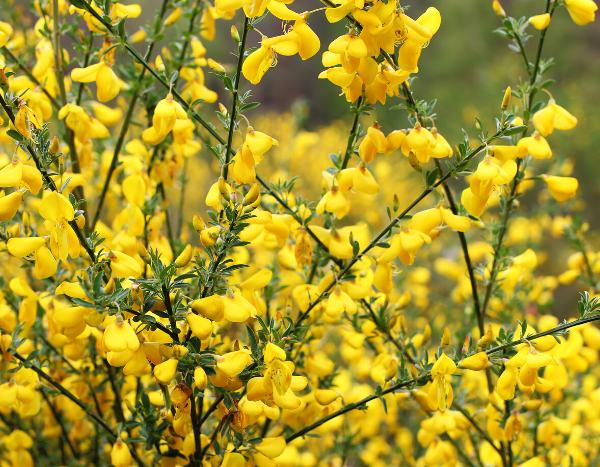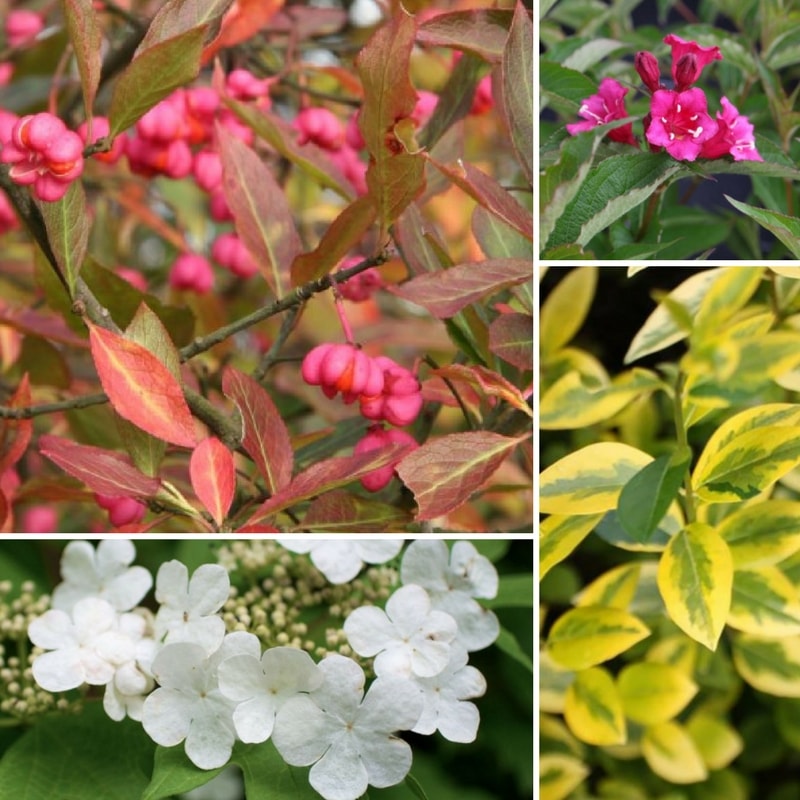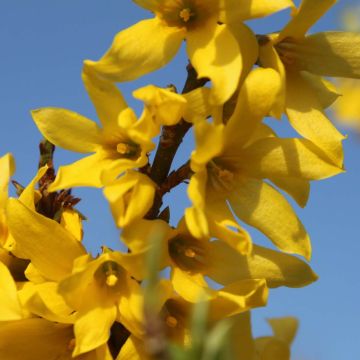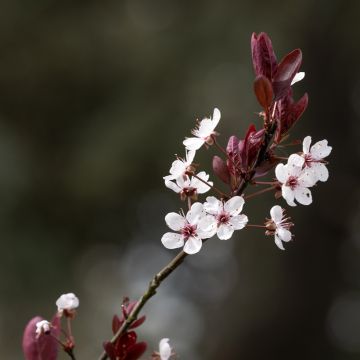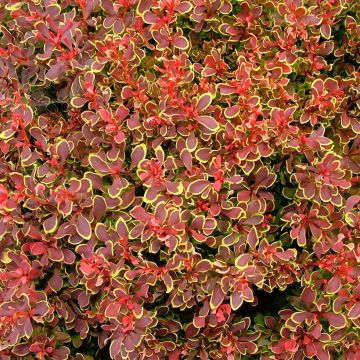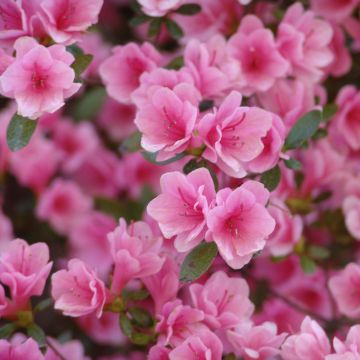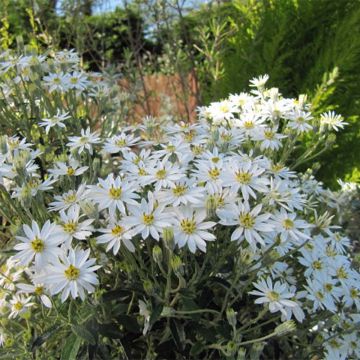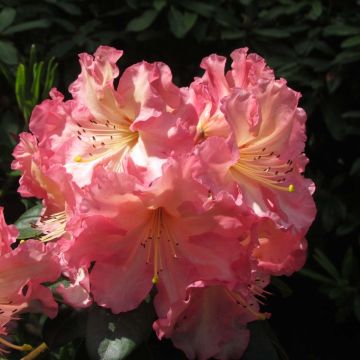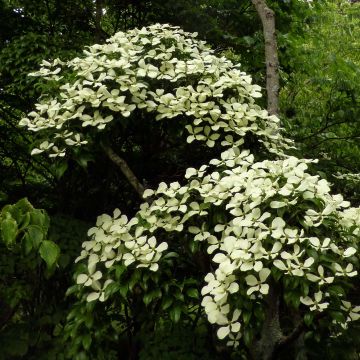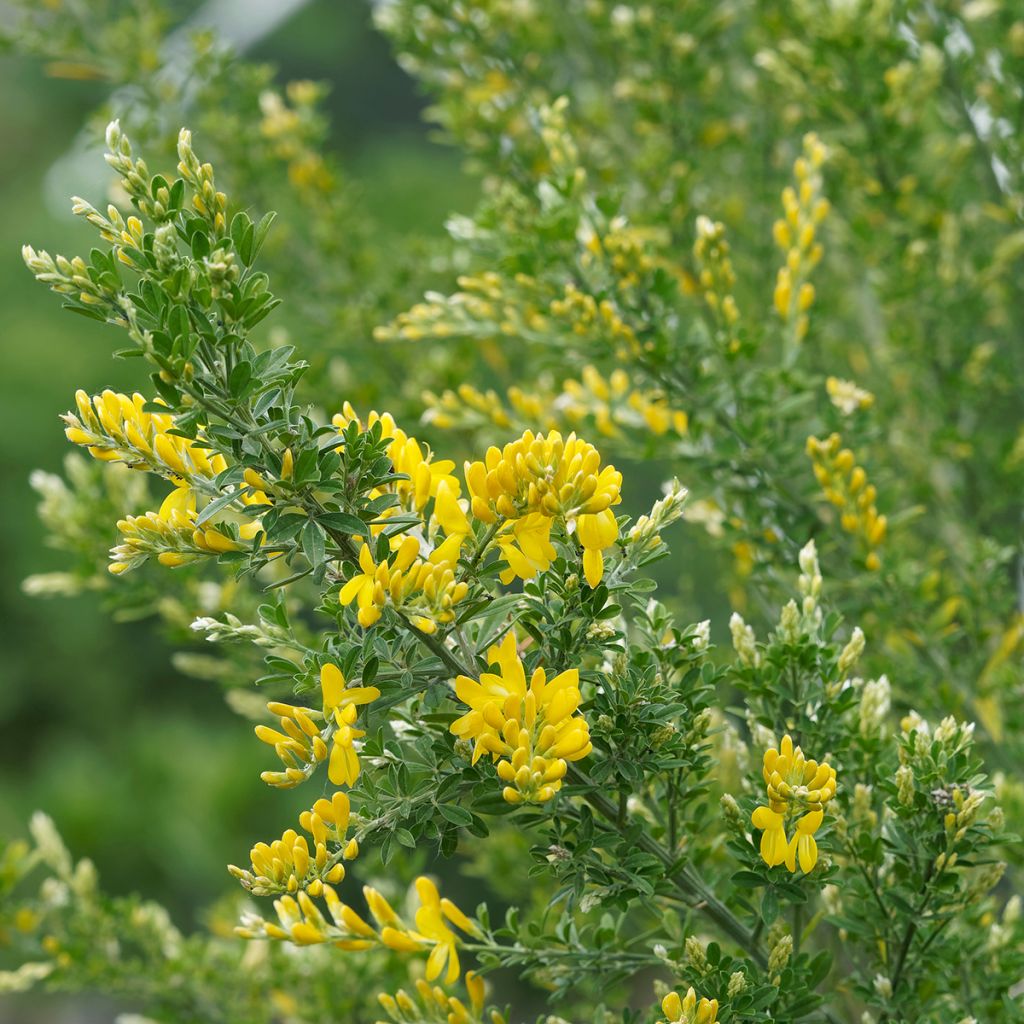

Cytisus scoparius Golden Sunlight
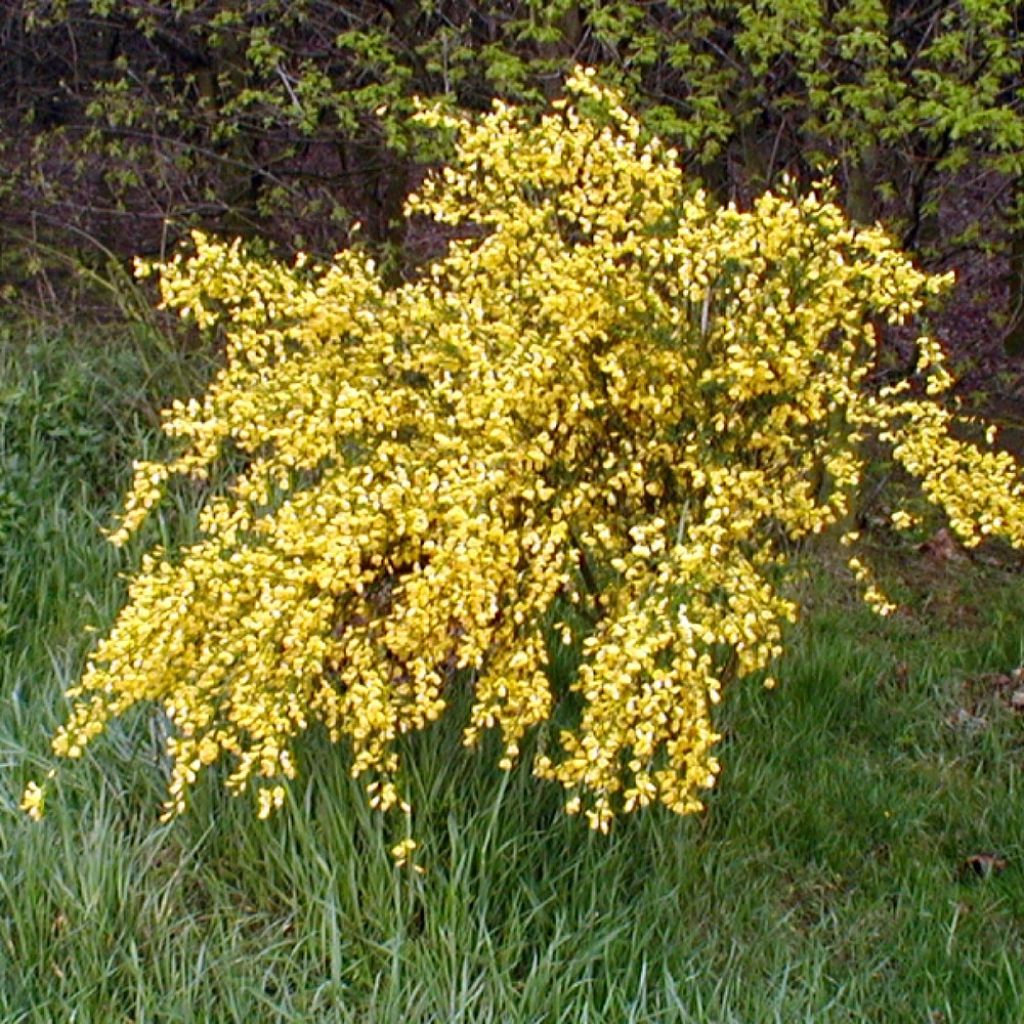

Cytisus scoparius Golden Sunlight
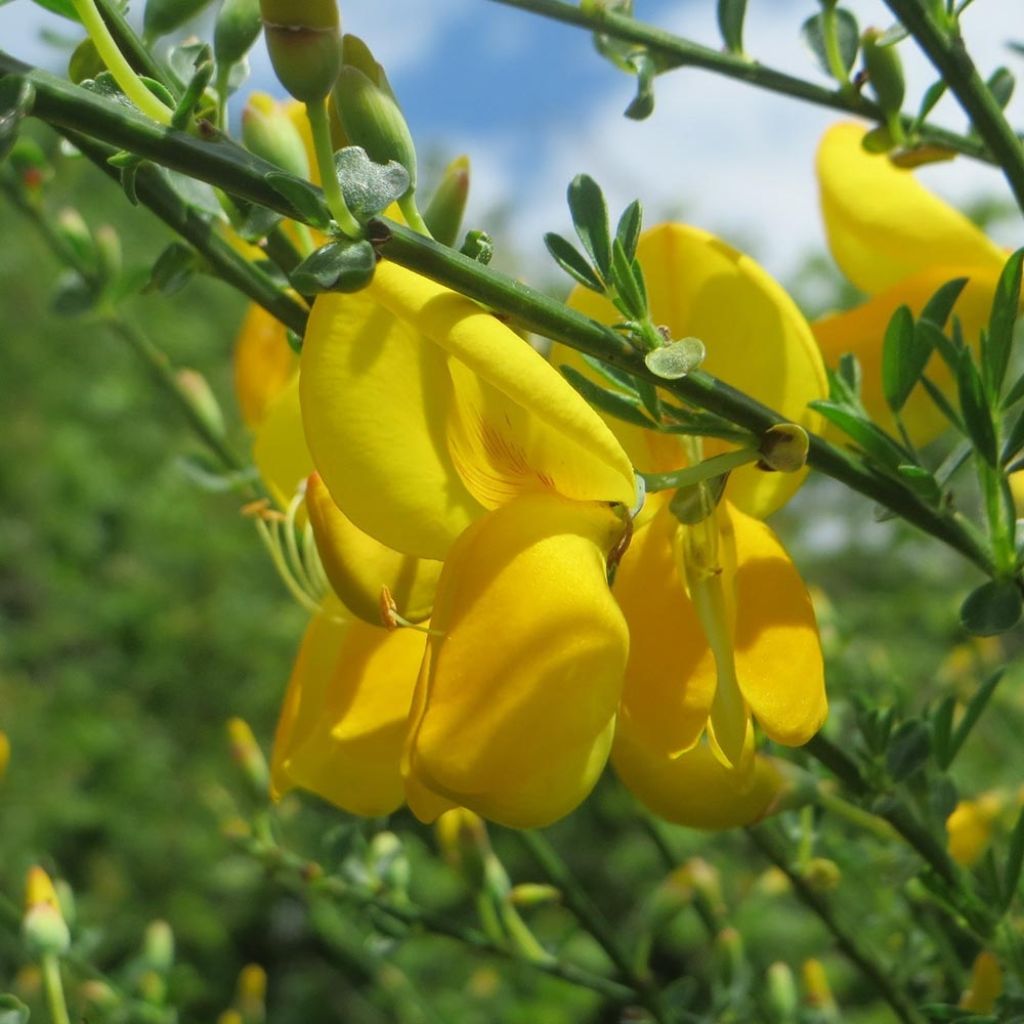

Cytisus scoparius Golden Sunlight
Cytisus scoparius Golden Sunlight
Cytisus scoparius Golden Sunlight
Common Broom, Scotch Broom, European Broom
Gorgeous young plant. Already has flowers. Can't wait to replant it and see its growth. Thank you.
Julien, 09/04/2020
Special offer!
Receive a €20 voucher for any order over €90 (excluding delivery costs, credit notes, and plastic-free options)!
1- Add your favorite plants to your cart.
2- Once you have reached €90, confirm your order (you can even choose the delivery date!).
3- As soon as your order is shipped, you will receive an email containing your voucher code, valid for 3 months (90 days).
Your voucher is unique and can only be used once, for any order with a minimum value of €20, excluding delivery costs.
Can be combined with other current offers, non-divisible and non-refundable.
Home or relay delivery (depending on size and destination)
Schedule delivery date,
and select date in basket
This plant carries a 24 months recovery warranty
More information
We guarantee the quality of our plants for a full growing cycle, and will replace at our expense any plant that fails to recover under normal climatic and planting conditions.
Does this plant fit my garden?
Set up your Plantfit profile →
Description
Cytisus scoparius 'Golden Sunlight' is a variety of broom valued for its graceful habit and the abundance of its flowering. It quickly forms a wide bush made up of multiple upright stems with a slightly trailing habit, which disappear in spring under a profusion of bright and pleasantly fragrant clusters. It is a beautiful plant that will enliven sunny flower beds, slopes, and rock gardens.
Cytisus 'Golden Sunlight' belongs to the large Fabaceae family. Like all brooms, it comes from Cytisus scoparius, a hardy but short-lived shrub, native to Central Europe (up to Ukraine) and Eastern Europe, widespread to North Africa. This species is found in dry places, on rather acidic and siliceous (sandy) soils.
'Golden Sunlight' is a fast-growing, vigorous shrub, wider than tall, reaching about 1m (3ft) in height and 1.3m (4ft) in spread. It has a bushy, dense, erect but divergent habit, and flexible and arched stems that remain green throughout the seasons. They bear very small leaves, which fall quite quickly in spring. In May-June, its pea-like flowers, 2cm (1in) long, appear in dense clusters at the upper part of the stems. They are of a bright, perfectly uniform yellow, and exude a pleasant fragrance that attracts bees. These flowers are followed by the formation of fruit in the shape of small flattened pods. The pods are initially olive-coloured, before turning black. The fruit pods can stain whatever they fall on, so prune the bush after flowering. The lifespan of this plant is quite short, about 5 to 8 years.
Cytisus 'Golden Sunlight' is suitable for planting on a slope, in a large rock garden, or in a raised flower bed. It prefers a location in full sun, in well-drained soil. It can be planted with numerous foliage shrubs, or spring flowering or summer flowering plants: other broom bushes with white, orange, or red flowers, a small white spirea (Spiraea prunifolia), aromatic wormwoods, cotton lavenders, or a trailing ceanothus with blue flowers, for example. It can also be grown in a large container to decorate the terrace or balcony.
Cytisus scoparius Golden Sunlight in pictures
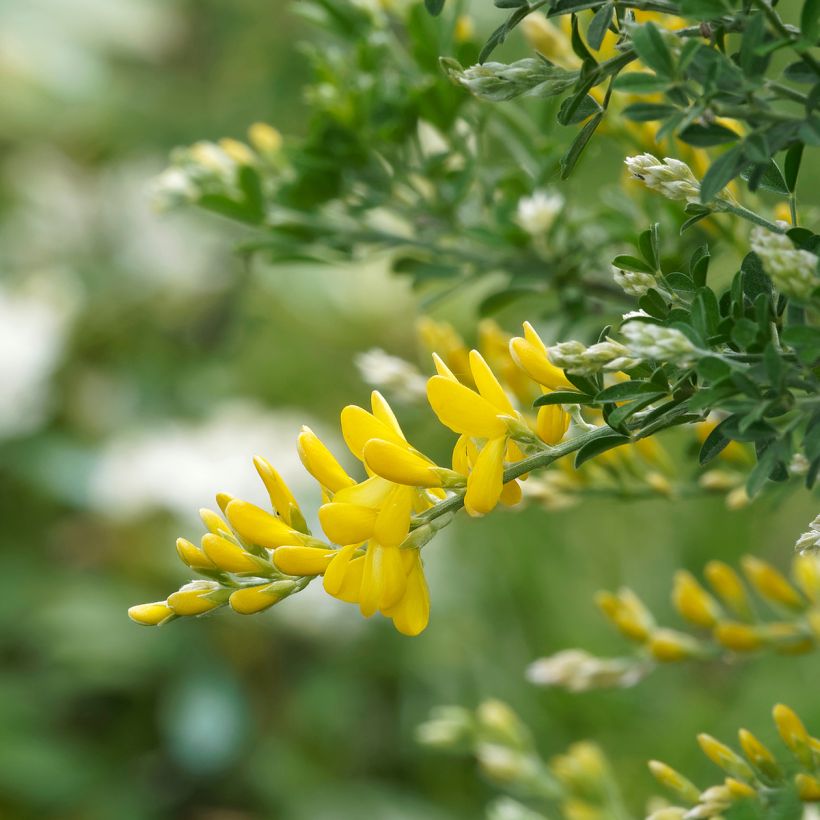

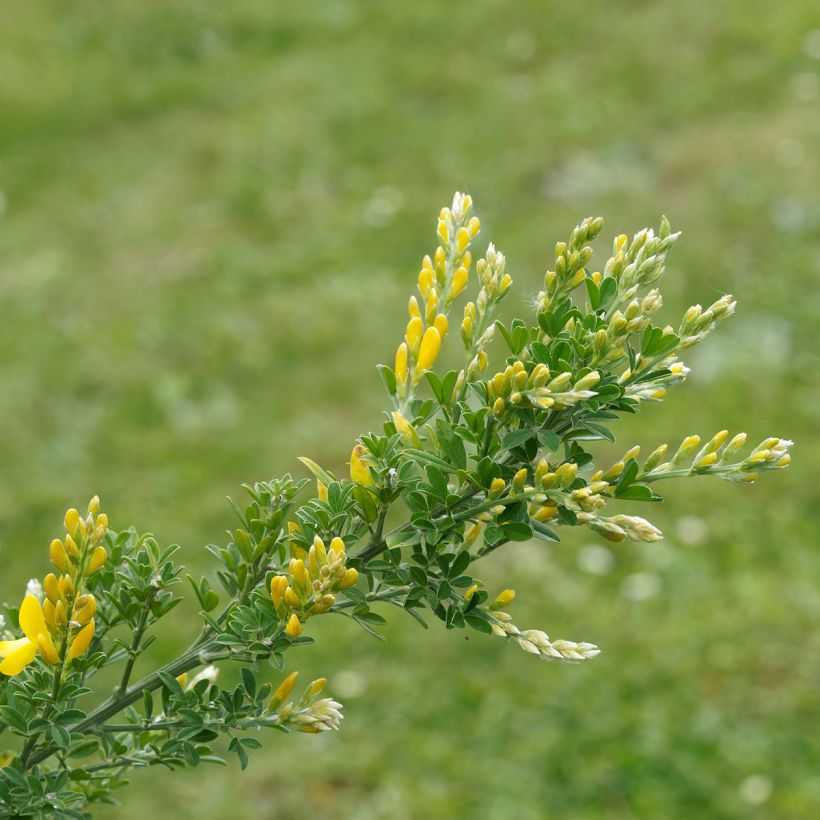

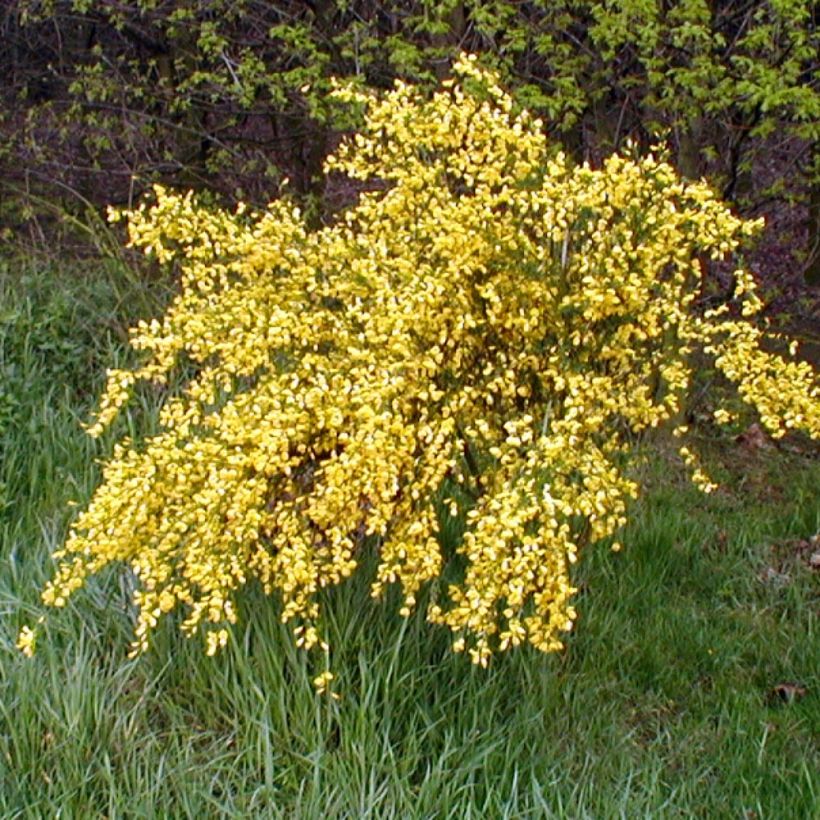

Plant habit
Flowering
Foliage
Botanical data
Cytisus
scoparius
Golden Sunlight
Fabaceae
Common Broom, Scotch Broom, European Broom
Cultivar or hybrid
Planting and care
Plant in spring or autumn in any light and well-drained soil, preferably slightly acidic or sandy, in a sunny position. It tolerates limestone in well-drained soil. Choose its location carefully as it does not like to be moved. Not demanding, it will be satisfied with severe pruning after flowering to avoid fruiting, which quickly exhausts the plant. This also helps to maintain a compact habit that does not become bare at the base. Planted in poor soil, the plant is less likely to become bare at the base. If the plant is damaged during a severe winter, cut back any blackened stems to the base. The lifespan is quite short, around 5 to 8 years.
Planting period
Intended location
Care
Planting & care advice
-
, onOrder confirmed
Reply from on Promesse de fleurs
Similar products
Haven't found what you were looking for?
Hardiness is the lowest winter temperature a plant can endure without suffering serious damage or even dying. However, hardiness is affected by location (a sheltered area, such as a patio), protection (winter cover) and soil type (hardiness is improved by well-drained soil).

Photo Sharing Terms & Conditions
In order to encourage gardeners to interact and share their experiences, Promesse de fleurs offers various media enabling content to be uploaded onto its Site - in particular via the ‘Photo sharing’ module.
The User agrees to refrain from:
- Posting any content that is illegal, prejudicial, insulting, racist, inciteful to hatred, revisionist, contrary to public decency, that infringes on privacy or on the privacy rights of third parties, in particular the publicity rights of persons and goods, intellectual property rights, or the right to privacy.
- Submitting content on behalf of a third party;
- Impersonate the identity of a third party and/or publish any personal information about a third party;
In general, the User undertakes to refrain from any unethical behaviour.
All Content (in particular text, comments, files, images, photos, videos, creative works, etc.), which may be subject to property or intellectual property rights, image or other private rights, shall remain the property of the User, subject to the limited rights granted by the terms of the licence granted by Promesse de fleurs as stated below. Users are at liberty to publish or not to publish such Content on the Site, notably via the ‘Photo Sharing’ facility, and accept that this Content shall be made public and freely accessible, notably on the Internet.
Users further acknowledge, undertake to have ,and guarantee that they hold all necessary rights and permissions to publish such material on the Site, in particular with regard to the legislation in force pertaining to any privacy, property, intellectual property, image, or contractual rights, or rights of any other nature. By publishing such Content on the Site, Users acknowledge accepting full liability as publishers of the Content within the meaning of the law, and grant Promesse de fleurs, free of charge, an inclusive, worldwide licence for the said Content for the entire duration of its publication, including all reproduction, representation, up/downloading, displaying, performing, transmission, and storage rights.
Users also grant permission for their name to be linked to the Content and accept that this link may not always be made available.
By engaging in posting material, Users consent to their Content becoming automatically accessible on the Internet, in particular on other sites and/or blogs and/or web pages of the Promesse de fleurs site, including in particular social pages and the Promesse de fleurs catalogue.
Users may secure the removal of entrusted content free of charge by issuing a simple request via our contact form.
The flowering period indicated on our website applies to countries and regions located in USDA zone 8 (France, the United Kingdom, Ireland, the Netherlands, etc.)
It will vary according to where you live:
- In zones 9 to 10 (Italy, Spain, Greece, etc.), flowering will occur about 2 to 4 weeks earlier.
- In zones 6 to 7 (Germany, Poland, Slovenia, and lower mountainous regions), flowering will be delayed by 2 to 3 weeks.
- In zone 5 (Central Europe, Scandinavia), blooming will be delayed by 3 to 5 weeks.
In temperate climates, pruning of spring-flowering shrubs (forsythia, spireas, etc.) should be done just after flowering.
Pruning of summer-flowering shrubs (Indian Lilac, Perovskia, etc.) can be done in winter or spring.
In cold regions as well as with frost-sensitive plants, avoid pruning too early when severe frosts may still occur.
The planting period indicated on our website applies to countries and regions located in USDA zone 8 (France, United Kingdom, Ireland, Netherlands).
It will vary according to where you live:
- In Mediterranean zones (Marseille, Madrid, Milan, etc.), autumn and winter are the best planting periods.
- In continental zones (Strasbourg, Munich, Vienna, etc.), delay planting by 2 to 3 weeks in spring and bring it forward by 2 to 4 weeks in autumn.
- In mountainous regions (the Alps, Pyrenees, Carpathians, etc.), it is best to plant in late spring (May-June) or late summer (August-September).
The harvesting period indicated on our website applies to countries and regions in USDA zone 8 (France, England, Ireland, the Netherlands).
In colder areas (Scandinavia, Poland, Austria...) fruit and vegetable harvests are likely to be delayed by 3-4 weeks.
In warmer areas (Italy, Spain, Greece, etc.), harvesting will probably take place earlier, depending on weather conditions.
The sowing periods indicated on our website apply to countries and regions within USDA Zone 8 (France, UK, Ireland, Netherlands).
In colder areas (Scandinavia, Poland, Austria...), delay any outdoor sowing by 3-4 weeks, or sow under glass.
In warmer climes (Italy, Spain, Greece, etc.), bring outdoor sowing forward by a few weeks.






























